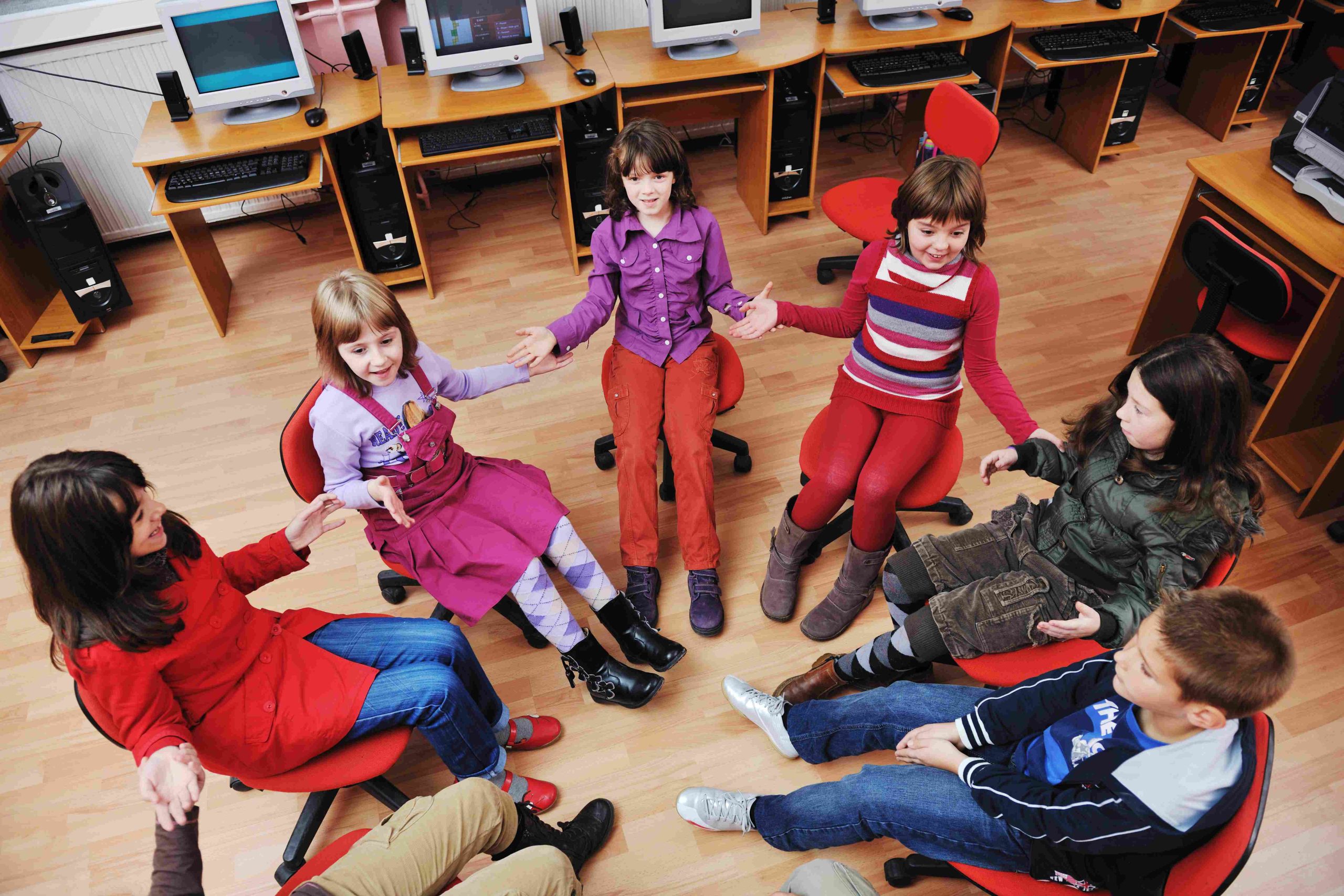
Nurturing Social Skills in Preschoolers: The Key to a Bright Future
As parents, we all want our preschoolers to succeed in life. We want them to grow up to be confident, successful, and happy individuals. However, what many of us fail to recognize is that one of the most critical factors in achieving this success is the development of social skills in preschoolers. According to research, preschoolers with excellent social skills are more likely to succeed in school, have healthier minds, and achieve more success in their adult life. Therefore, it is essential to start working on these skills from a young age.The Importance of Social Skills in Preschoolers
Social skills refer to the abilities that allow individuals to interact effectively with others. These skills include communication, cooperation, empathy, and problem-solving. In preschoolers, these skills are particularly important as they are still learning how to interact with others. Here are some of the benefits of developing social skills in preschoolers:- Academic Success: Preschoolers who have strong social skills are more likely to succeed in school. They have stronger teacher connections, are more capable of working cooperatively with classmates, and have greater self-regulation abilities, all of which lead to academic achievement.
- Emotional Well-being: Preschoolers who possess strong social skills have better mental health outcomes. They are less likely to experience depression, anxiety, and behavioral problems.
- Career Success: Social skills are a crucial factor in career success. Individuals who possess these skills are more likely to succeed in the workplace, be promoted, and have higher job satisfaction.
- Positive Relationships: Strong social skills allow preschoolers to build positive relationships with others. These relationships are essential for emotional support, building self-esteem, and social connectedness.
Strategies for Nurturing Social Skills in Preschoolers
Now that we understand the importance of social skills in preschoolers, let us explore some practical strategies for nurturing these skills.- Role Modeling: Preschoolers learn by observing and imitating the behavior of those around them. Therefore, it is essential to model positive social behaviors, such as listening, sharing, and taking turns.
- Social Stories: Social stories are short stories that illustrate appropriate social behavior in a particular situation. These stories can be used to teach preschoolers how to interact positively with others and navigate social situations.
- Playtime: Playtime is an excellent opportunity to practice social skills. During playtime, preschoolers learn how to share, take turns, and cooperate with others. Encourage your child to play with others and provide guidance on how to interact appropriately.
- Praise: Praise your child when they exhibit positive social behavior. This positive reinforcement encourages them to continue displaying these behaviors in the future.
- Group Activities: Group activities, such as team sports or group projects, provide an excellent opportunity to practice social skills. Preschoolers learn how to work collaboratively with others, communicate effectively, and resolve conflicts.
- Emotional Literacy: Teaching preschoolers about emotions and how to express them appropriately is crucial for developing strong social skills. Encourage your child to talk about their feelings and provide guidance on how to express them appropriately.
Common Social Skills Challenges in Preschoolers
While many preschoolers develop strong social skills naturally, some preschoolers may face challenges in this area. Here are some of the most common social skills challenges in preschoolers:- Shyness: Some preschoolers may struggle with shyness, making it difficult for them to interact with others.
- Aggression: Aggression is another common social skills challenge in preschoolers. Some preschoolers may struggle to control their emotions, leading to aggressive behavior towards others.
- Communication Difficulties: Some preschoolers may struggle with communication, making it difficult for them to interact with others effectively.
- Impulsivity: Impulsive behavior can make it challenging for preschoolers to take turns and share with others.
- Difficulty with Social Cues: Some preschoolers may struggle to read social cues, making it difficult for them to understand when to stop or adjust their behavior.
Conclusion
It is important to note that every child is different, and some may face unique social skills challenges. However, by understanding common challenges and working to develop social skills from a young age, we can help preschoolers navigate social situations and build positive relationships with others.

